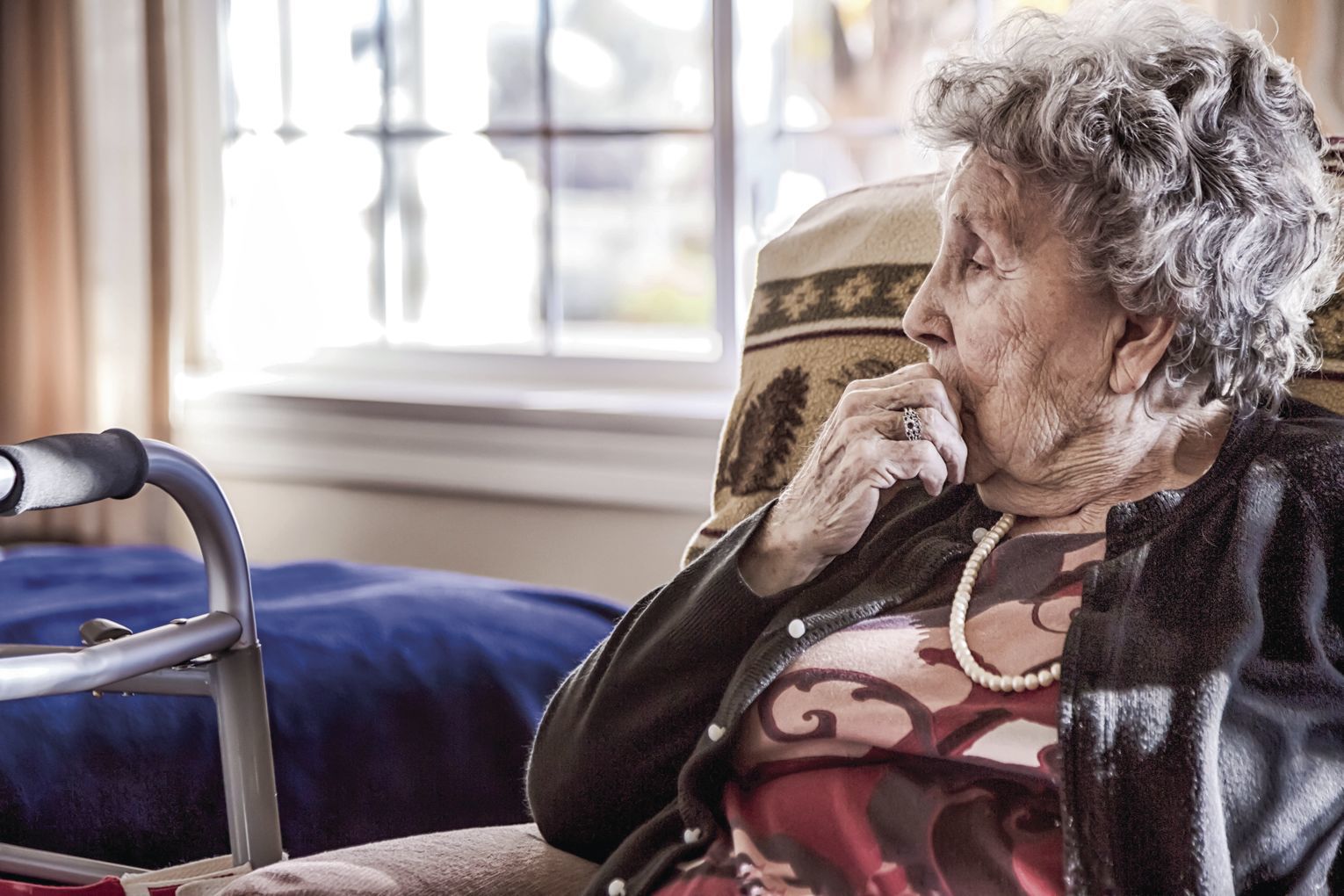Dear Savvy Senior,
Do you know of any resources that help family caregivers monetarily? I have to miss a lot of work to take care of my elderly mother and it’s financially stressing me.
—Stretched Thin
Dear Stretched,
Caring for an elder parent can be challenging in many ways, but it can be especially difficult financially if you have to miss work or quit your job to provide care. Fortunately, there are a number of government programs, tax breaks, and other tips that may be able to help you monetarily while you care for your mother. Here are some options to explore.
State assistance: Most states have programs that help low-income seniors pay for in-home care services, including paying family members for care. These programs – which go by various names like “cash and counseling” or “consumer-directed”– vary greatly depending on where you live and, in some states, on whether your mom is on Medicaid. To find out what’s available in your state, contact your local Medicaid office.
Veterans benefits: Veterans who need assistance with daily living activities can enroll in the Veteran-Directed Care program. This program, available through VA Medical Centers in 40 states, as well as in Washington, D.C., and Puerto Rico, provides as much as $2,000 a month, which can be used to pay family members for home care. Visit the “Home and Community Based Services” section at VA.gov/geriatrics for information.
Also available to wartime veterans and their surviving spouses is a benefit called Aid and Attendance, which helps pay for in-home care, as well as assisted living and nursing home care. This benefit can also be used to pay family caregivers. To be eligible your mother must need assistance with daily living activities like bathing, dressing or going to the bathroom. And, her annual income must be under $14,133 as a surviving spouse or $21,962 for a single veteran, after medical expenses. Her assets must also be less than $80,000 excluding her home and car. To learn more, go to Vets.gov/pension.
Tax breaks: If you pay at least half of your mom’s yearly expenses, and her gross income is below $4,050 (in 2017) not counting her Social Security or disability, you can claim her as a dependent on your taxes and get a $500 tax credit. For more information, go toIRS.gov/help/ita and click on “Whom May I Claim as a Dependent?”
If you can’t claim her as a dependent, you may still be able to get a tax break if you’re paying more than half her living expenses including medical and long-term care costs, and they exceed 7.5 percent of your adjusted gross income. You can include your own medical expenses in calculating the total. See IRS publication 502, Medical and Dental Expenses (IRS.gov/pub/irs-pdf/p502.pdf) for details.
Long-term care insurance: If your mother has long-term care insurance, check whether it covers in-home care. Some policies permit family members to be paid, although they may exclude people who live in the same household.
Paid caregiver leave: A small but growing number of companies offer paid caregiving leave as a way to recruit and retain their workforce. Additionally, some states provide caregiver benefits or paid leave to take care of ailing family members. Check with your employer to see what, if any, benefits are available to you.
Family funds: If your mother has some savings or other assets, discuss the possibility of her paying you for the care you provide. If she agrees, consult with an elder law attorney about drafting a short-written contract that details the terms of the work and payment arrangements, so everyone involved knows what to expect.
You should also check BenefitsCheckup.org, a free, confidential Web tool that can help you search for financial assistance programs that your mom or you may be eligible for.
Send your senior questions to: Savvy Senior, P.O. Box 5443, Norman, OK 73070, or visit SavvySenior.org. Jim Miller is a contributor to the NBC Today show and author of “The Savvy Senior” book.
Tips for caring for an elder parent

senior assistance.tif
